Travelling to Vietnam and things travellers should know
Vietnam, with its rich history, diverse culture, stunning landscapes, and delicious cuisine, is a captivating destination for travelers. Planning a trip to Vietnam can be an exciting but daunting task, especially if it's your first time. To help you navigate through the process and make the most of your journey, here's a comprehensive guide on how to travel to Vietnam.
- Research and Plan:
Start by researching the best time to visit Vietnam, considering factors like weather, festivals, and crowd levels. Decide on the duration of your trip and create a rough itinerary outlining the cities and attractions you wish to explore. Vietnam has a lot to offer, from the bustling streets of Hanoi to the serene beauty of HaLong Bay and the historic charm of Hoi An.
- Visa Requirements:
Check the visa requirements for your nationality. Most visitors need a visa to enter Vietnam, which can be obtained in advance from the Vietnamese embassy or consulate in your country, or through an e-visa or visa on arrival system. Ensure your passport is valid for at least six months beyond your planned departure date.
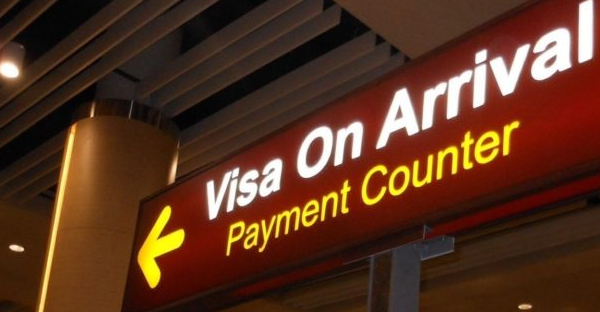
Figurue 1: Visa On Arrival (Tourinhanoi, n.d)
- Flight Bookings: Look for the best flight deals to Vietnam. The major international airports in Vietnam are Hanoi's Noi Bai International Airport (HAN) and Ho Chi Minh City's Tan Son Nhat International Airport (SGN). Consider booking a round-trip ticket to one of these cities or opt for an open-jaw ticket if you plan to visit multiple destinations.
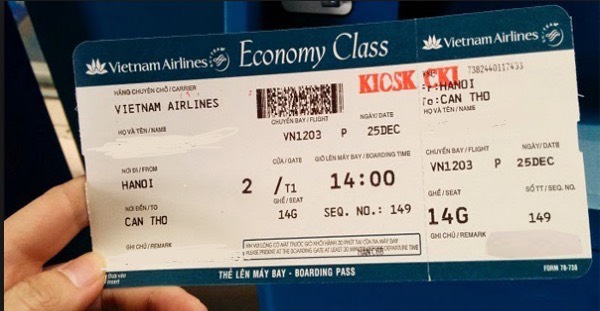
- Accommodation: Vietnam offers a wide range of accommodation options to suit every budget and preference. From luxury hotels and boutique resorts to budget hostels and homestays, there's something for everyone. Research and book your accommodations in advance, especially during peak travel seasons, to secure the best deals.
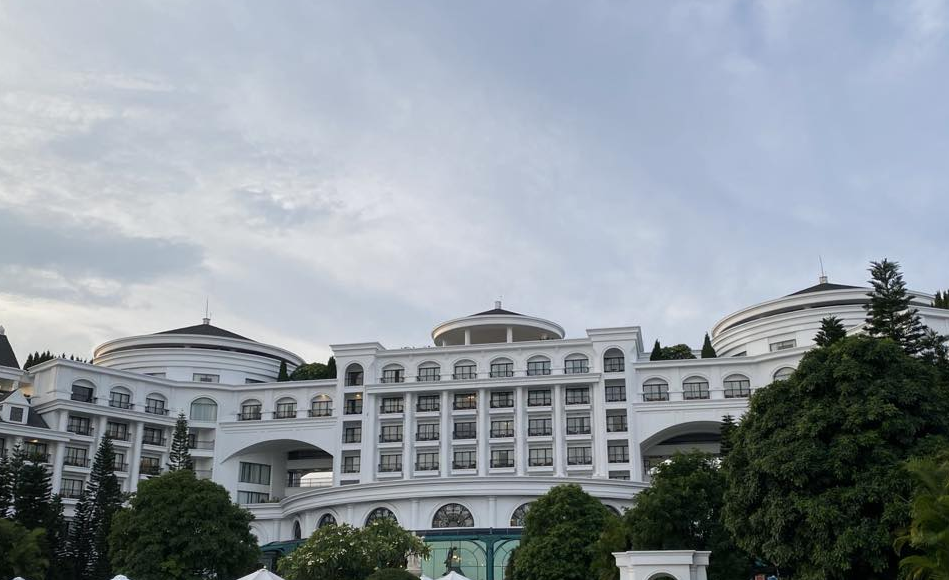
- Health and Safety: Consult your healthcare provider or a travel clinic well in advance to check if any vaccinations or preventive medications are recommended for your trip. It's also wise to purchase travel insurance to ensure you're covered in case of any unexpected incidents or emergencies during your stay.
- Transportation within Vietnam: Vietnam has a well-connected transportation system, including domestic flights, trains, buses, and taxis. Domestic flights are the fastest way to travel between major cities, while trains and buses offer scenic journeys and a chance to interact with locals. For shorter distances within cities, cyclos (cycle rickshaws), motorbike taxis, and traditional taxis are readily available. In overall, we are flexible in transporting or travelling so travelles don't need to worry about this.
- Currency and Budgeting: The official currency of Vietnam is the Vietnamese Dong (VND). It's advisable to carry a mix of cash and cards, as credit cards are widely accepted in hotels, restaurants, and larger establishments. ATMs are also plentiful in cities and tourist areas. Research the average costs of accommodation, meals, transportation, and attractions to help you set a budget for your trip.
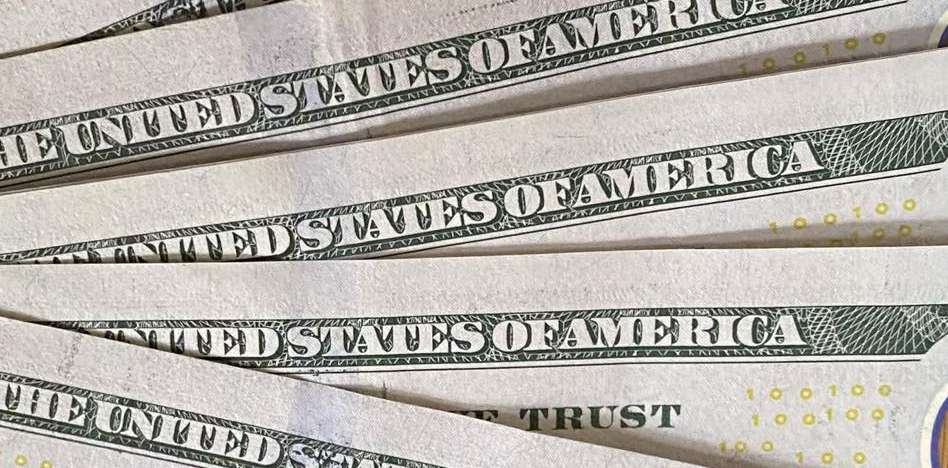
- Cultural Etiquette: Familiarize yourself with the local customs and cultural etiquette in Vietnam. Respect for elders, modest dressing, and removing shoes before entering someone's home or a temple are common practices. Learning a few basic Vietnamese phrases will also be appreciated by the locals.
- Must-See Attractions and Experiences: Vietnam boasts numerous must-see attractions. Explore the bustling streets of Hanoi's Old Quarter, cruise through the mystical beauty of Ha Long Bay, immerse yourself in the ancient town of Hoi An, and venture into the vibrant floating markets of the Mekong Delta. Don't forget to savor the flavors of Vietnamese cuisine, from pho and banh mi to fresh spring rolls and aromatic coffee.
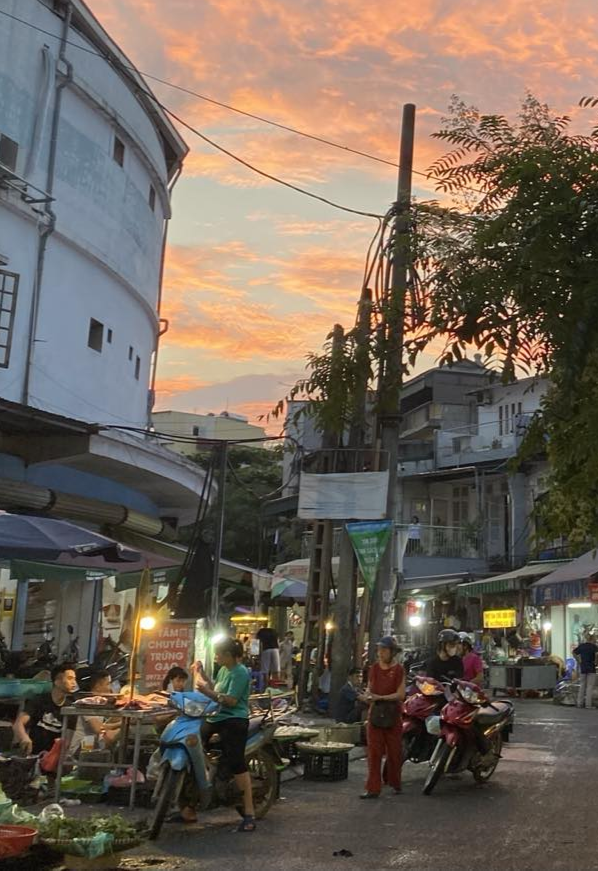
- Stay Adventurous and Open-Minded: Embrace the spirit of adventure and be open to new experiences. Vietnam's charm lies in its contrasts, from the chaotic streets to the tranquil countryside, and from the traditional to the modern. Engage with the locals, try street food, and wander off the beaten path to discover hidden gems that will make your journey truly memorable.
Conclusion: Travelling to Vietnam is an incredible experience filled with history, culture, natural beauty, and warm hospitality. By researching and planning in advance, understanding visa requirements, ensuring your health and safety, and embracing the local customs, you'll be well-prepared to make the most of your trip. So pack your bags, embark on this enchanting journey, and create unforgettable memories in the captivating land of Vietnam.
Linh

